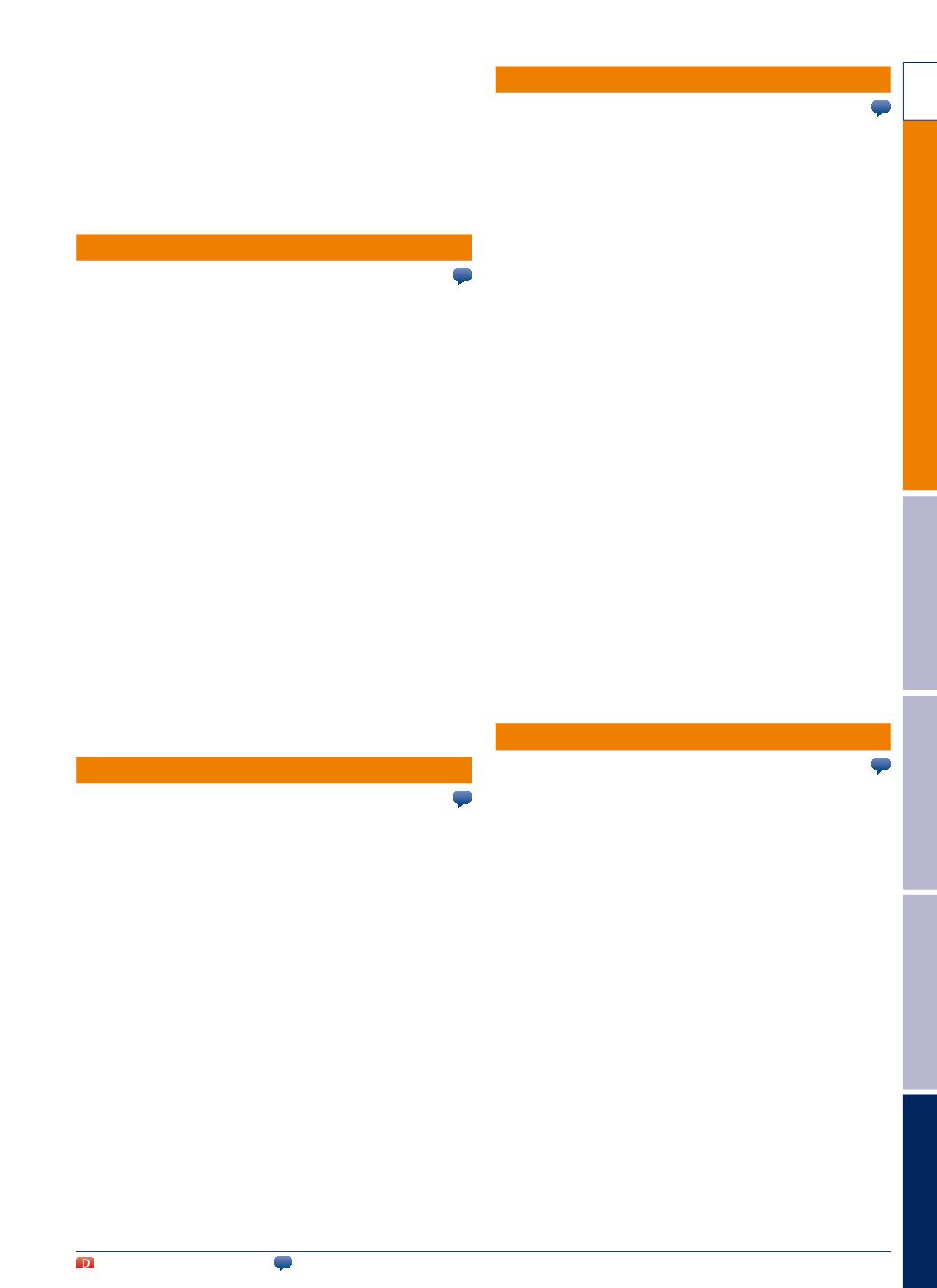

MONDAY
TUESDAY
WEDNESDAY
THURSDAY
German language Session
Q&A Modul
SCIENTIFIC PROGRAMME
239
003
Where is in the world child and adolescent
psychiatry: looking back and looking forward
Bennett Leventhal, USA
004
The future in mind: mental health service models
for children and adolescents
Gordana Milavic, United Kingdom
S-401
Symposium
13:30– 15:00
|
Hall A4
TOPIC 14:
Neurobiology and genetics
Psychiatric genetics 2017: understanding autism,
affective and non-affective psychoses through SNPs,
CNVs, induced Pluripotent Stem Cells (iPSCs) and...
sophisticated phenotyping!
›
WPA Section: Genetics in Psychiatry
Chairs:
Thomas G. Schulze, Germany
Dan Rujescu, Germany
001
Molecular-genetic correlates of long-term
outcome in psychoses: what can be done with a
well-characterised cohort?
Monika Budde, Germany
002
Common genetic causes of autism and schizo-
phrenia
Rainald Mössner, Germany
003
Differentiated neurons from induced Pluripo-
tent Stem Cells (iPSCs): a model to study the molec-
ular biology of schizophrenia
Pablo V. Gejman, USA
S-402
Symposium
13:30– 15:00
|
Hall Helsinki 1
TOPIC 35:
Psychiatry and society
Social aesthetics in psychiatry: the impact of
atmospheres on psychopathologic diagnosis and
treatment
›
WPA Section: Clinical Psychopathology
Chairs:
Maria Luísa Figueira, Portugal
Michael Musalek, Austria
001
Atmospheres and their impact on well-being of
patients
Guenda Bernegger, Switzerland
002
Strange feelings of patients in strange settings
Luis Madeira, Portugal
003
Provoking emotions with films – diagnostic and
therapeutic implications
Martin Poltrum, Austria
004
Hospitality in hospitals: the clinical relevance of
social aesthetics approach
Michael Musalek, Austria
S-403
Symposium
13:30– 15:00
|
Hall Helsinki 2
TOPIC 28:
History, art and cultural sciences
An old hat? Historical psychopathological concepts
from German-speaking countries in light of current-
day debates
›
DGPPN Section: History of Psychiatry
›
DGPPN Section: Philosophical Foundations of Psychia-
try and Psychotherapy
Chairs:
Ekkehardt Kumbier, Germany
Paul Hoff, Switzerland
001
Psychiatry and philosophy – Karl Jaspers' idea
of psychopathology
Matthias Bormuth, Germany
002
The concept of unitary psychosis and its signif-
icance for today's debate on classification of mental
disorders
Ekkehardt Kumbier, Germany
003
The Wernicke-Kleist-Leonhard School of
psychopathology and its relevance for present-day
psychiatry
Markus Jäger, Germany
004
Eugen Bleuler's schizophrenia – linking debates
about its nosological status, psychopathological
description and socio-cultural reception
Anke Maatz, Switzerland
Paul Hoff
S-405
Symposium
13:30– 15:00
|
Hall Paris 2
TOPIC 16:
Diagnostics and classification,
psychopathology, RDoC
Diagnosis and differential diagnoses of autism
spectrum disorders (ASD) across the lifespan and
the whole level of functioning
Chairs:
Tanja Sappok, Germany
Angela Hassiotis, United Kingdom
001
Diagnosis and differential diagnoses of ASD in
children
Inge Kamp-Becker, Germany
002
Diagnosing high-functioning ASD in adults
Ludger Tebartz van Elst, Germany
003
Screening for ASD in people with ID
Tanja Sappok, Germany
004
Comprehensive diagnostic assessment of ASD
in adults with ID
Thomas Bergmann, Germany


















